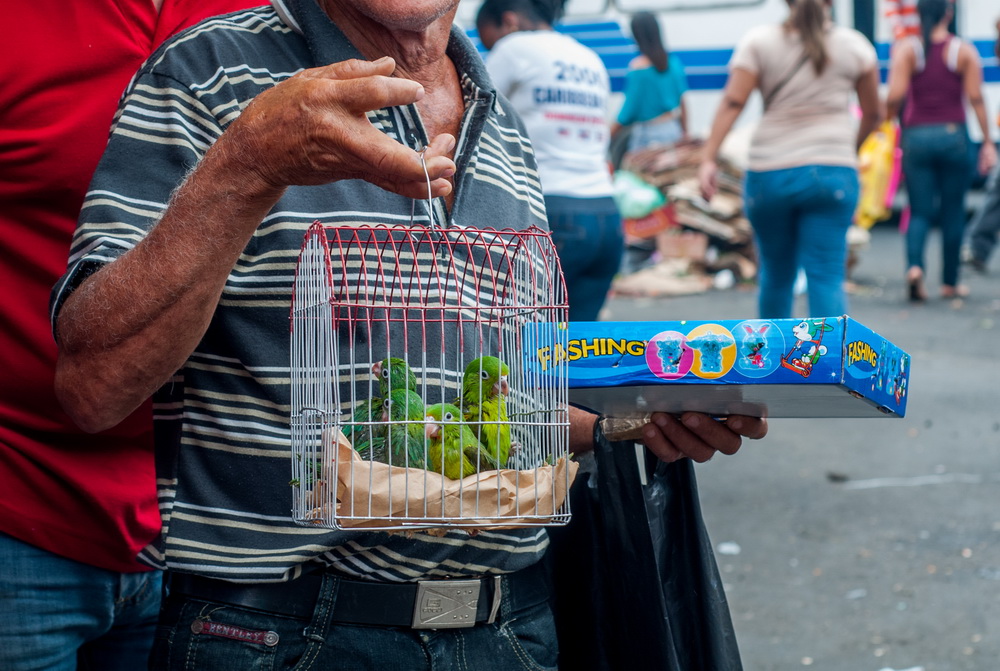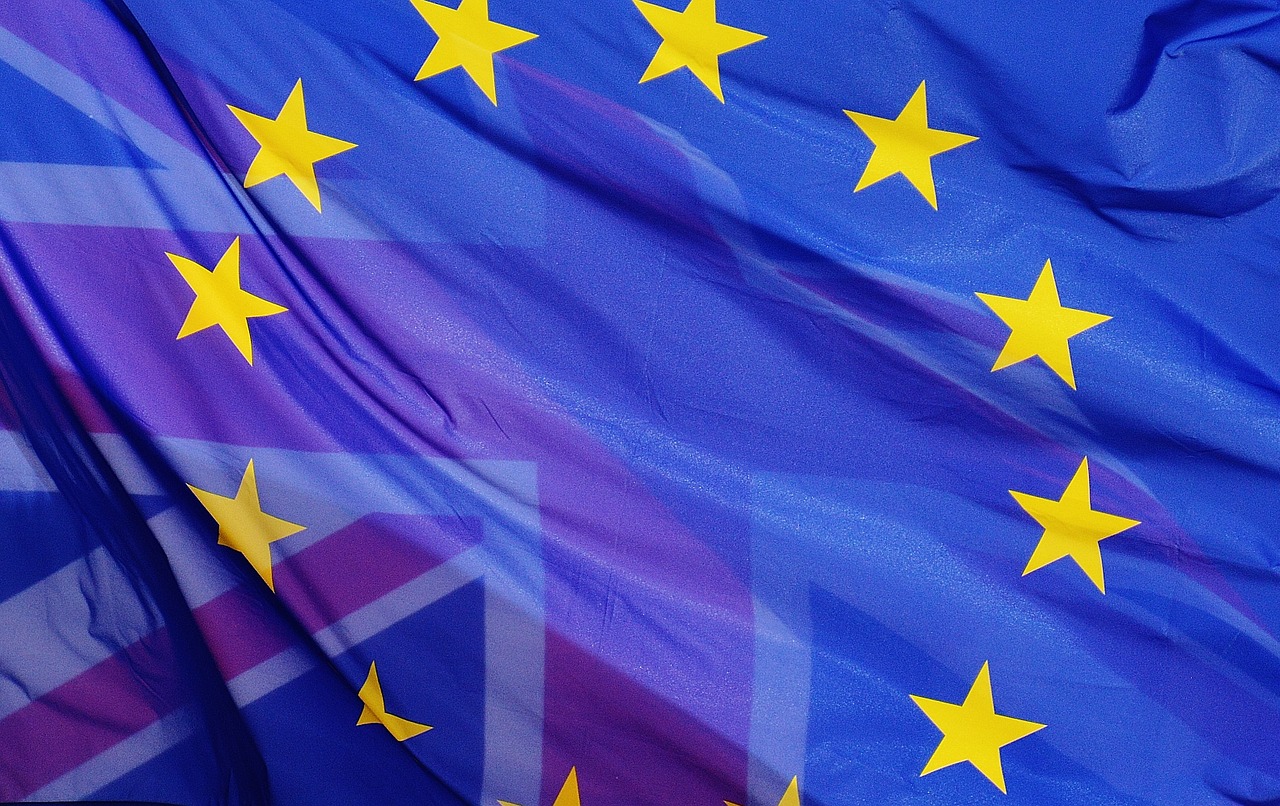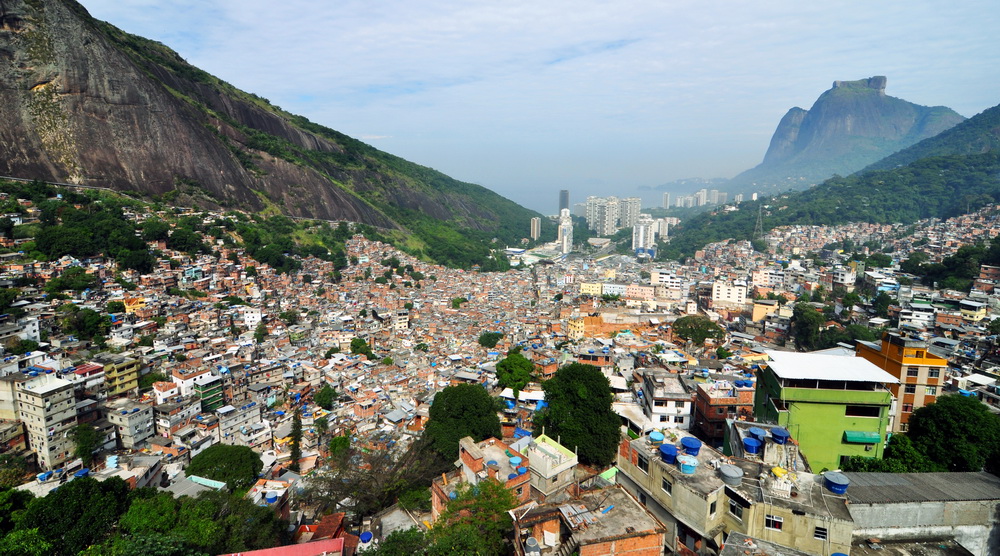POLITHEOR
European Policy Network
Op-ed
- Home
- Op-ed

Rio 2016’s Unenduring Legacy0
- International Relations and Global Affairs, Op-ed
- 04/07/2016
The 2016 Olympic Games in Rio de Janeiro have been heralded from the start as ‘legacy games’. One key component of the Rio 2016 legacy plan is increased sport participation for low-income children and youth, with a number of public programs set up, and substantial funding channeled, toward this goal. One month before the Games are scheduled to begin, however, this legacy has yet to leave a lasting mark.
READ MORE
The Rio Olympics: Green or a Greenwash?1
- Environment and Energy, Op-ed
- 04/07/2016
Rio won the honour to host the Olympic Games on the idealistic promise it will leave a “sustainable legacy”. There is, however, a distinct difference between the ideal and the reality when the Olympic Sustainable Management Plan fails to combat the booming Brazilian illegal wildlife trade. The international community are on one hand promoting Rio as green, but on the other accepting their contribution to what the UN has recently found to be ‘an unprecedented threat to wildlife’ by allowing Rio to host the world’s biggest international sporting event.
READ MORE
Who’s afraid of the big (bad) EU?0
- EU Governance and Politics, Op-ed
- 01/07/2016
The reason to stay in the post-Brexit EU should not be based on fear.
READ MORE

The unexpected champion: How Rio’s favelas strive to go green while Olympic legacy falls short1
- Environment and Energy, Op-ed
- 01/07/2016
The municipal government of Rio de Janeiro has promised to urbanize its favelas by 2020, but projects supposed to upgrade the favelas’ infrastructure and create jobs have quickly lost momentum. Fortunately, an unexpected champion has emerged, as residents of favelas have come together and taken the initiative to “green” their communities with reforestation projects, rooftop solar panels and community food gardening, highlighting how sustainable urban design should be done.
READ MORE
There is something –missing– about Brazil: Women, social protest and massive sports events0
- Human Rights and Migration, Op-ed
- 30/06/2016
Brazil is used to dealing with two issues lately: massive sport events and extensive social protests that challenge them. Yet the recent brutal gang rape provoked a discourse that had always been downplayed, forgotten – or neglected. When massive sport events make the sex industry flourish, how do we address and tackle the underlying stigmatization of women in Brazil? Authors: Irene Zugasti & Simon Marijsse
READ MORE
The EU Timber Regulation: Three years of ineffective implementation1
- Environment and Energy, Op-ed
- 30/06/2016
The EU tends to be a credible force in fighting the illegal logging and related trade issues. For that reason, the European Union Timber Regulation (EUTR) in its essence fights illegal logging matters by prohibiting the placement of any illegally sourced timber and timber products on the European market. Three years after it entered into force, the regulation seems to be ineffective by failing to prohibit illegally logged wood products from entering the EU market. On top of that, the regulation could have a detrimental effect in developing countries by potentially harming their progress.
READ MORE






